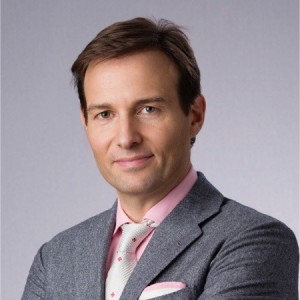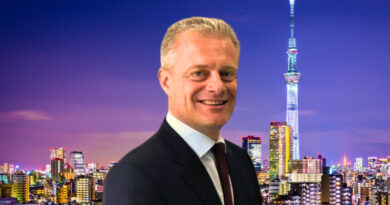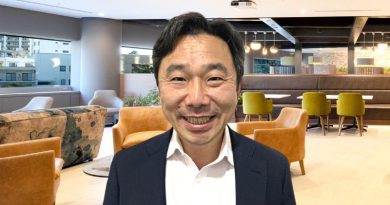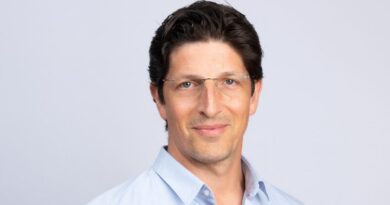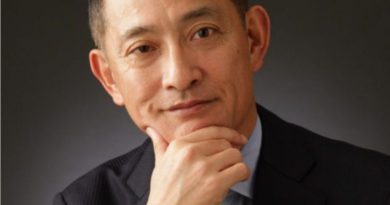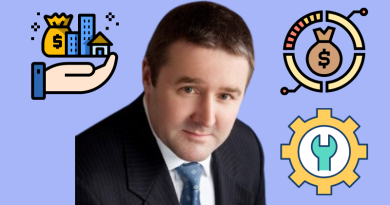Benjamin Fuchs, CEO and CIO, BFAM Partners
Benjamin Fuchs is the CEO and CIO of BFAM Partners in Hong Kong. BFAM is a fast-growing, dynamic, homegrown Asian focused hedge fund specialising in extracting value across the capital structure. BFAM’s strengths include credit, volatility and convertible bonds. Benjamin founded the firm in April 2012 when his team spun out from Nomura Principal Investments Asia. Benjamin started his career as a trader with Baring Securities in Japan and spent many years at Lehman Brothers in Tokyo. Hedge Funds Club’s Stefan Nilsson caught up with Benjamin to talk about how he has built BFAM, the challenges faced along the way and how BFAM is approaching the future.
BFAM is now in its 10th year since you launched the business. Why do you think you have succeeded in building a sizeable and sustainable home-grown Asian hedge fund business when many others have failed?
A) Institutional approach front to back. I have attempted to replicate the way banks structure their businesses – non-investment team is as important as investment team. I have more non-investment direct reports than investment team for example. B) Philosophy difference: Running a business not a fund. We are running a business that needs to generate bottom line profits. Investment ideas are just one piece. Our product is our fund. We have budgets, targets, focus on our margins, etc. Basic stuff you would think about if you ran a sandwich shop, but many funds ignore. People think if they get the right investment ideas everything else will fall in place but can’t have one without the other in the long run. C) Differentiated strategies: There are so many good funds that investors can choose from. We have constructed a mix of strategies that deliver a differentiated high-quality revenue stream. Many people that have been unsuccessful with their attempt to launch a fund, fail to recognise that they have an inferior version of an established player’s fund. It isn’t good enough to have “never lost money”.
What has been the biggest challenge in building BFAM?
Many challenges along the way and still many today! In the beginning, it’s hard to convince investors that you will survive and deliver. As you grow investors worry that you are getting too big. People always find something to question you about. That’s the challenge in this business. In good times you are a hero, when things slow everyone wonders if you are washed up!
You have built up a multi-strategy fund business with multiple PMs. Is it hard as the founding CIO to “let go” and allow new PMs to manage their books? Do you want to be involved in all the trades and ideas or can you take a step back to oversee the business?
It’s part of growing an institutional business. You can’t be involved in everything or you can’t grow and talented people won’t want to work for you.
Is there a war for talent in Asia that impacts how quickly you can grow and take advantage of opportunities?
There is a war for talent globally but I don’t feel that it is impacting us as we are able to grow our own talent and identify non-traditional candidates that others pass over.
How has the global pandemic impacted how you run BFAM and the teams? Have you managed to stay connected and focused?
No special answer here. Same impact as everyone else faces.
BFAM’s first decade is nearly done – what plans do you have for the firm in its second decade?
More of the same. We are always growing in this business. You are either growing or stagnating. Asia offers fantastic investing and trading opportunities. We aim to expand with Asian markets. I feel we are only really scratching the surface of what can be accomplished.

